 Go gentle on Sir Bob Geldof, the sixty-something rocker grown grumpy of late, with his prediction that – given the hash humans have made of the planet — all of human life will end by 2030. What would he think to learn that Ethiopia, the object of Geldof’s heartfelt “Feed the World!” refrain during the historic Band Aid recording session of 1984, is now home to a project that could put the nation at the forefront of Africa’s push for food security?
Go gentle on Sir Bob Geldof, the sixty-something rocker grown grumpy of late, with his prediction that – given the hash humans have made of the planet — all of human life will end by 2030. What would he think to learn that Ethiopia, the object of Geldof’s heartfelt “Feed the World!” refrain during the historic Band Aid recording session of 1984, is now home to a project that could put the nation at the forefront of Africa’s push for food security?
It’s enough to mellow your harsh. But Sir Bob’s gloom notwithstanding, that’s exactly what is happening in the Afar region in Ethiopia’s northeast, at Allana Potash Corporation’s Danakhil project. Last week, Allana received its large-scale mining license from Ethiopian authorities – approval that will allow the company to proceed with contracting, construction and operations at the $642 million potash project. As a result, Ethiopia – the nation synonymous with mass starvation a generation ago – bids to become Africa’s agricultural superpower.
The Danakhil concession – site of sporadic, small-scale potash mining for more than 100 years – is projected to produce 1 million tons per year of Muriate of Potash, used in the production of fertilizer and food processing, across a 25 year mine-life. Given the vagaries of potash prices, it’s worth noting that Allana’s project will use a low-cost evaporation method for extraction. Not only will this production provide the potash to help transform Ethiopia’s agricultural output – it will make the country Africa’s leading potash provider. Beyond Ethiopia, over land to the new Tadjoura Port in Djibouti, Danakhil potash will be positioned for sea transport to the Indian subcontinent, Southeast Asia and the nations of Oceania.
For Africa, a continent where, according to the Population Reference Bureau, “nearly 240 million people in [the] sub-Saharan [nations], or one person in every four, lack adequate food for a healthy and active life,” fertilizer usage – and the potash that makes it possible – is critical to providing the crop yields needed to make food security a reality. With a population projected to double to 2.2 billion by mid-century, Africa must develop its own ability to support modern agricultural production.
The potential is there. The humid and sub-humid regions of Africa’s Tropical Belt, plus the southeastern African coast – areas that account for more than 40% of the continent’s landmass – have untapped agricultural potential. According to a World Bank report released earlier this year, Africa accounts for nearly 50 percent of the world’s uncultivated land, and currently uses less than 2 percent of its renewable water sources. As a result, crop yield in Africa is often a fraction of what farmers achieve on other continents.
These are the exogenous factors that make Allana’s project so seminal to the future of food security in Africa. As the company proudly notes, Danakhil is “the only potash project worldwide with IFC [the World Bank’s International Finance Corporation] support.” For its part, Ethiopia’s government — supporting market-based policies and drawing a firm line against expropriation of foreign investments — is seeing the yield of sound economic policies in a decade of double-digit growth that places the country in the world’s Top 10 fastest-growing economies. Aware of the broader implications of Danakhil for food security, Allana is already a participant in Ethiopia’s Agricultural Transformation Agency initiatives, aimed at introducing agricultural best-practices and advanced technology in the service of sustainable farming.
So cheer up, Sir Bob. The people whose suffering moved you to command the world’s attention a generation ago are now part of a nation poised to help feed a continent. With the private-sector incubating projects like Allana’s, there may just be hope for the planet after all.
investorintel.com
by Daniel McGroarty





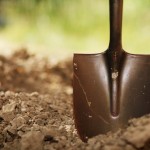
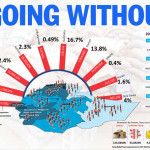

![Is There Such a Thing as Agro-Imperialism? [The New York Times article about Saudi's Investment in Ethiopia]](https://www.ethiopianopinion.com/wp-content/uploads/2013/12/etuia-150x150.jpg)
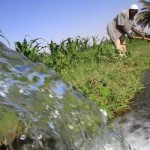
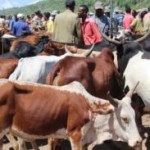
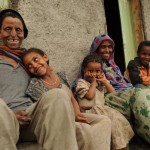
![Saudi investors leave Ethiopia [al-monitor.com]](https://www.ethiopianopinion.com/wp-content/uploads/2013/12/77-150x150.jpg)

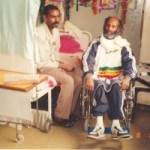













Join Conversations